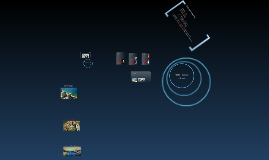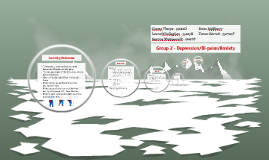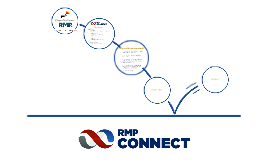PWC - Summative Presentation
Transcript: Signs & Symptoms: (aware.ie) Feeling sad, anxious or bored Low energy, feeling tired or fatigued Under-sleeping or over-sleeping, waking frequently during the night Poor concentration, thinking slowed down Loss of interest in hobbies, family or social life Low self-esteem and feelings of guilt Aches and pains with no physical basis, e.g. chest, head or tummy pain associated with anxiety or stress Loss of interest in living, thinking about death, suicidal thoughts Treatments Available: Lifestyle changes Medication Counseling Therapy Communication: “Other people have it much worse than you do.” "I’m sorry that you’re hurting. How can I help you?" “Life isn’t fair.” "I’m so sorry this has happened to you, but you can and WILL get through this." “You just have to deal with it.” "You don’t have to deal with this alone. I am here for you." “I know how you feel, I was depressed once.” "I can only imagine what you must be going through, but I will try to understand the best I can" *** YOU'RE NOT ALONE *** What is Bi-Polar? Bi-polar is a mental health issue. Characterized by periods of elevated mood commonly known as mania and periods of lows or depression. Hence the manic depressive Signs and Symptoms: Mania: Mild: Energetic, excitable, highly productive, very positive mood, feel elated. More Severe: Impulsive, make poor decisions, unrealistic ideas of the future. Most Extreme: Very distorted beliefs, psychosis. Depressive: Mild: Poor eye contact, low self-esteem, More Severe: crying for little no reason, negative outlook on life, depression. Most Extreme: Severe depression, Suicidal, reclusive. Treatment: Psychotherapy. Electroconvulsive Therapy. Medication: anti-psychotics, anticonvulsants, antidepressants- Stop during periods of mania. How people with Bi-Polar present to Members of AGS: May be hard to notice Signs. Associated with substance abuse Can be associated with other mental health issues such as ADHD, depression Periods of mania may look like person has consumed drink/drugs. Course of actions taken by AGS: Flow skills. Open minded as to why person is acting in the manner they are. Watch for danger, depression – suicidal. Mania – extremely excitable, jumping, running. Become more knowledgeable of the signs of Bi-Polar What is Anxiety? Anxiety is a general term for several disorders that cause nervousness, fear, apprehension, and worrying. Panic Attack – A sudden attack of intense terror and apprehension that leads to shaking, confusion, dizziness, nausea and difficulty breathing. Cause unknown however can run in the family and be triggered by an event. Signs and Symptoms * Feelings of panic, fear, and uneasiness * Problems sleeping * Cold or sweaty hands and/or feet * Shortness of breath * Heart palpitations * An inability to be still and calm * Dry mouth * Numbness or tingling in the hands or feet * Nausea * Muscle tension * Dizziness Treatments Available * Medication: Drugs used to reduce the symptoms of anxiety disorders include anti-depressants and anxiety-reducing drugs. * Psychotherapy: Psychotherapy (a type of counseling) addresses the emotional response to mental illness. It is a process in which trained mental health professionals help people by talking through strategies for understanding and dealing with their disorder. * Cognitive-behavioral therapy: This is a particular type of psychotherapy in which the person learns to recognize and change thought patterns and behaviors that lead to troublesome feelings. * Dietary and lifestyle changes. * Relaxation therapy. How people with Anxiety present to members of An Garda Siochana * May not know they suffer from anxiety * Could be confused with asthma attack * Could be an Issue in stressful situations which could trigger a Panic attack * Look out for difficulty breathing or inabilty to keep still * Help by keeping them calm, moving them to a quiet place and help them control their breathing What course of action is available to members? * Sensitive to their situation * Assess whether a doctor may be needed * Is their anybody else there more familiar with the condition who could help? An Garda Siochana: Recent High Court case examining difficulty Gardai face in dealing with people suffering from Anxiety/Panic or claiming as such. Denise O’Connor challenged her conviction on a drink-driving charge based on her doctor’s evidence that she suffered from panic attacks. After being arrested on suspicion of drink driving, she refused to provide 2 specimens of her breath at the station, claiming she was suffering from a panic attack and unable to comply with the requirement. Her Doctor gave evidence in court outlining the typical symptoms of such attacks: shortness of breath, palpitations, confusion and disorientation. Mr Justice Hanna said he was not satisfied that Ms O’Connor had at any stage informed or attempted to inform An Garda Síochána that she suffered from anxiety or panic attacks. They were not, therefore, on notice that there was any special and

















